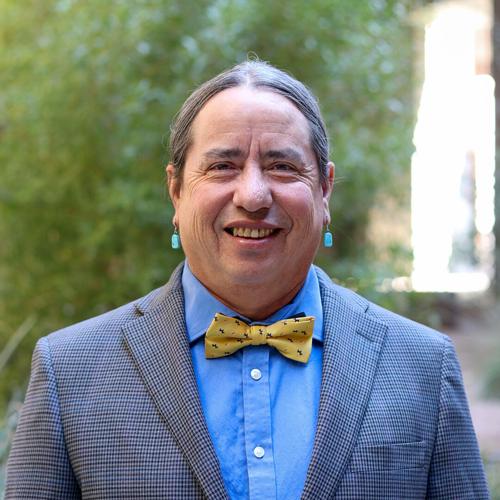The following is the opinion and analysis of the writers:
We are at a pivotal moment for the University of Arizona. We are hiring our 23rd president, welcoming a new provost, managing the ongoing effects of financial mismanagement, and watching the transformation of higher education across our country. Nevertheless, this is a moment of opportunity and optimism. Our history, mission, and collective fortitude are on our side — we have what we need to succeed. But our leadership may not if they do not recognize and support our unique land-grant identity that comprehensively serves the educational, economic, and intellectual needs of Arizona.
Before there was the State of Arizona, there was the University of Arizona. Founded in 1885, 27 years before the territory became a state, the institution was created for Arizonans and designated as our state’s only land-grant university. The University of Arizona was designated a land-grant university by the Morrill Act and is positioned alongside Diné College and Tohono O’odham Community College which were designated land-grant colleges in 1994. Land-grant institutions aim to serve our communities and provide working people access to higher education while tethering research, innovation, and technological development to community needs. Although the land-grant mission initially centered around agricultural development in communities, every aspect of the educational landscape and economy of the state has been shaped by these institutions.
At the University of Arizona, the educational and research missions are rooted in accessibility and transformative engagement with diverse communities. Today, our land-grant status is fundamentally intertwined with being a federally recognized Hispanic Serving and Native Serving Institution. The University of Arizona welcomes students from borderland and rural communities and students from our own Tucson community and the 22 Tribal Nations. And while other universities in Arizona have prioritized online degrees and cutting delivery costs and decreased in-person enrollments, the University of Arizona has remained committed to the land-grant mission of providing a hands-on, in-person transformative education to on-campus students year after year.
Additionally, the University of Arizona’s research mission has long centered on public good and community engagement via embedded Cooperative Extension faculty agents and staff in every corner and county of the state. This work includes projects focused on helping farmers and ranchers with water efficient practices in Yuma to working with elected tribal leaders and state legislators on agriculture, water and energy policies across the state.
The reach of University of Arizona expands well beyond education and research though — we are a flagship and internationally recognized institution that contributes to our local and global economy. Land-grant universities have led to substantial long term population growth and increased manufacturing productivity by nearly 60% within counties they reside in over the last 80 years. Specific to the University of Arizona, faculty and staff have developed more than 600 patents and 500 licenses and the university has launched more than 135 startups, generating an economic output of $1.6 billion in the last 5 years alone. Such evidence points to the far-reaching impact of the University of Arizona — one that may well exceed other Arizona state universities.
The success of our next president of the University of Arizona and the Arizona Board of Regents is dependent upon understanding of our history, identity, and mission, something that is lacking among our Regents now and will be exacerbated by a rushed presidential search. With the right leadership, we can move back to funding models that allocate state appropriations equitably across our Arizona universities and appoint new members to the Arizona Board of Regents that represent our southern Arizona communities. If our leaders trust and work together with the University of Arizona’s faculty and staff who work tirelessly towards our public land grant mission, our university will remain what we have always been: a University for Arizona.
Follow these steps to easily submit a letter to the editor or guest opinion to the Arizona Daily Star.







